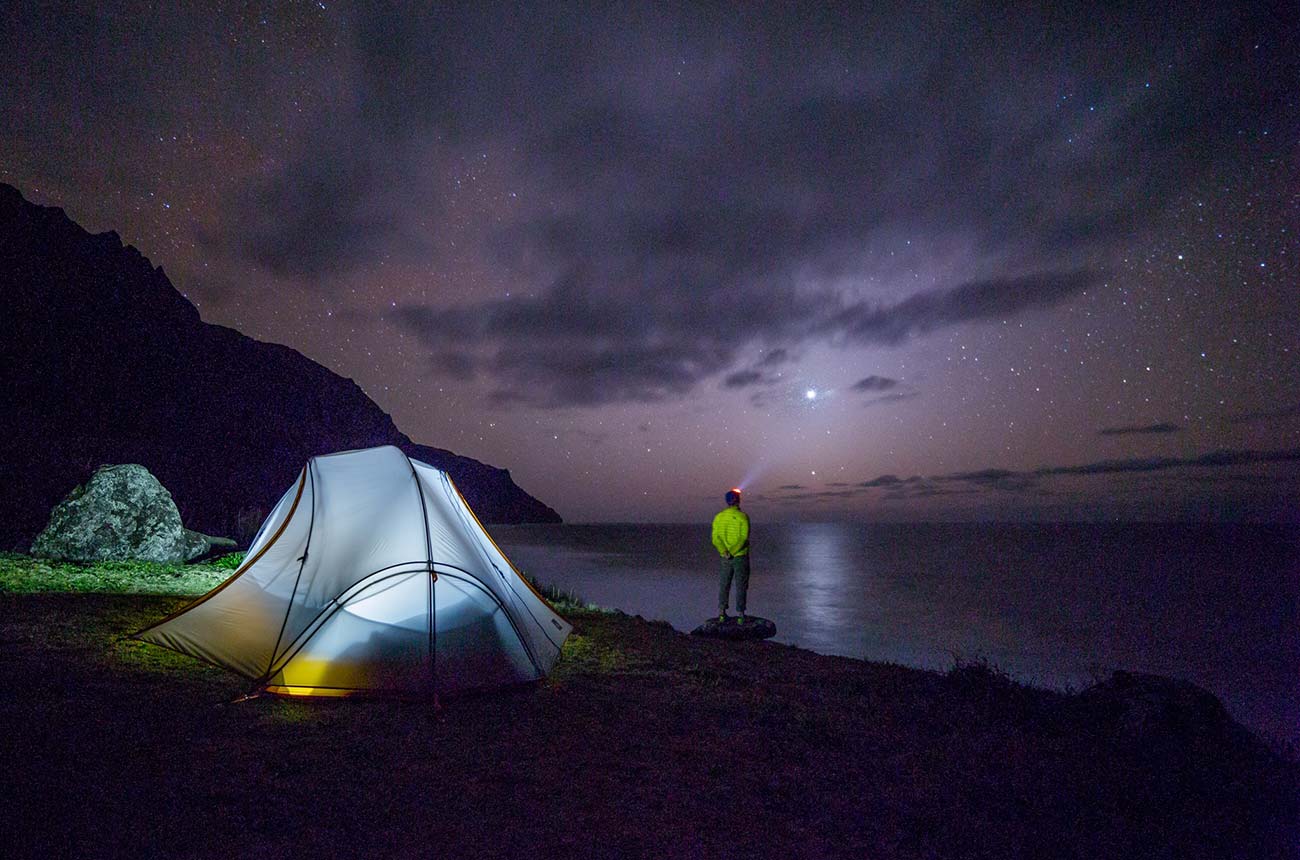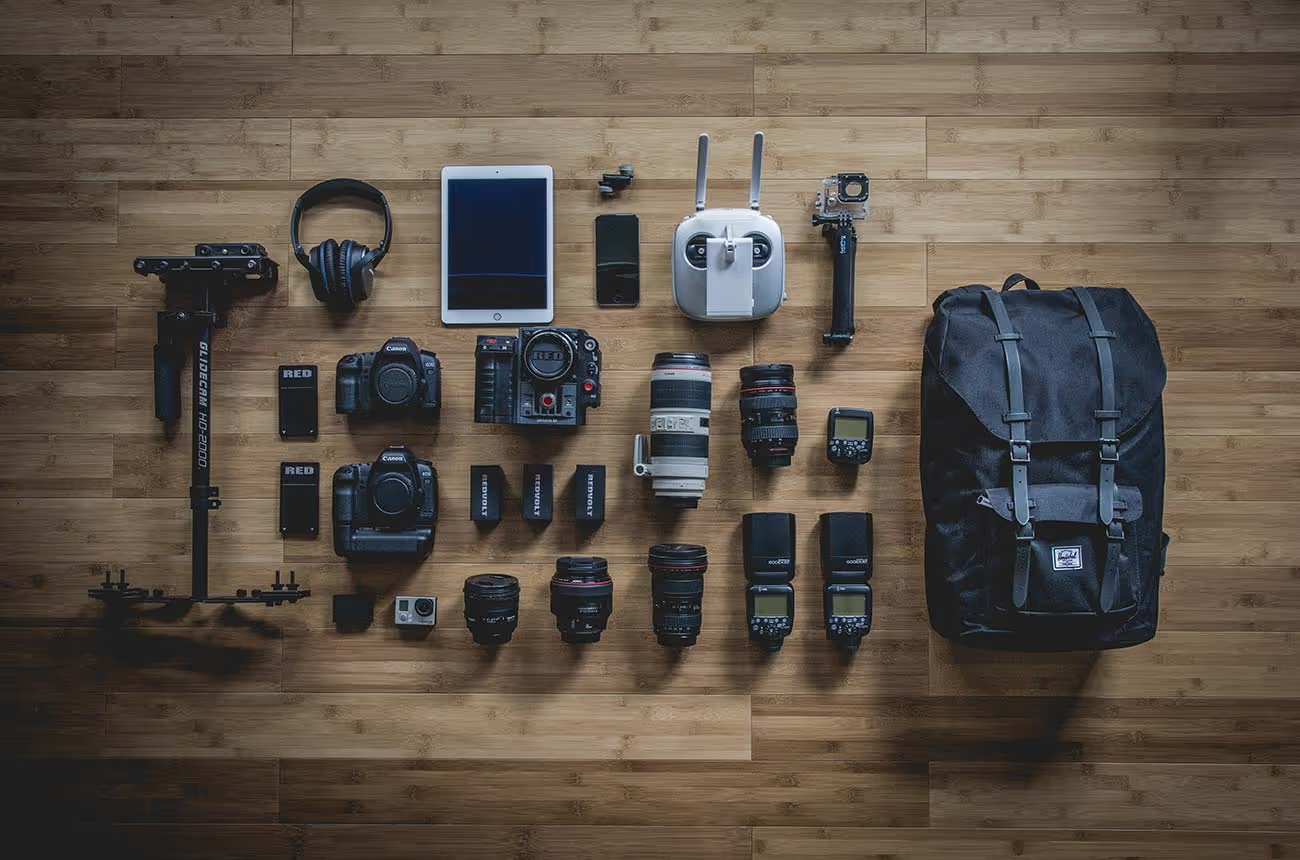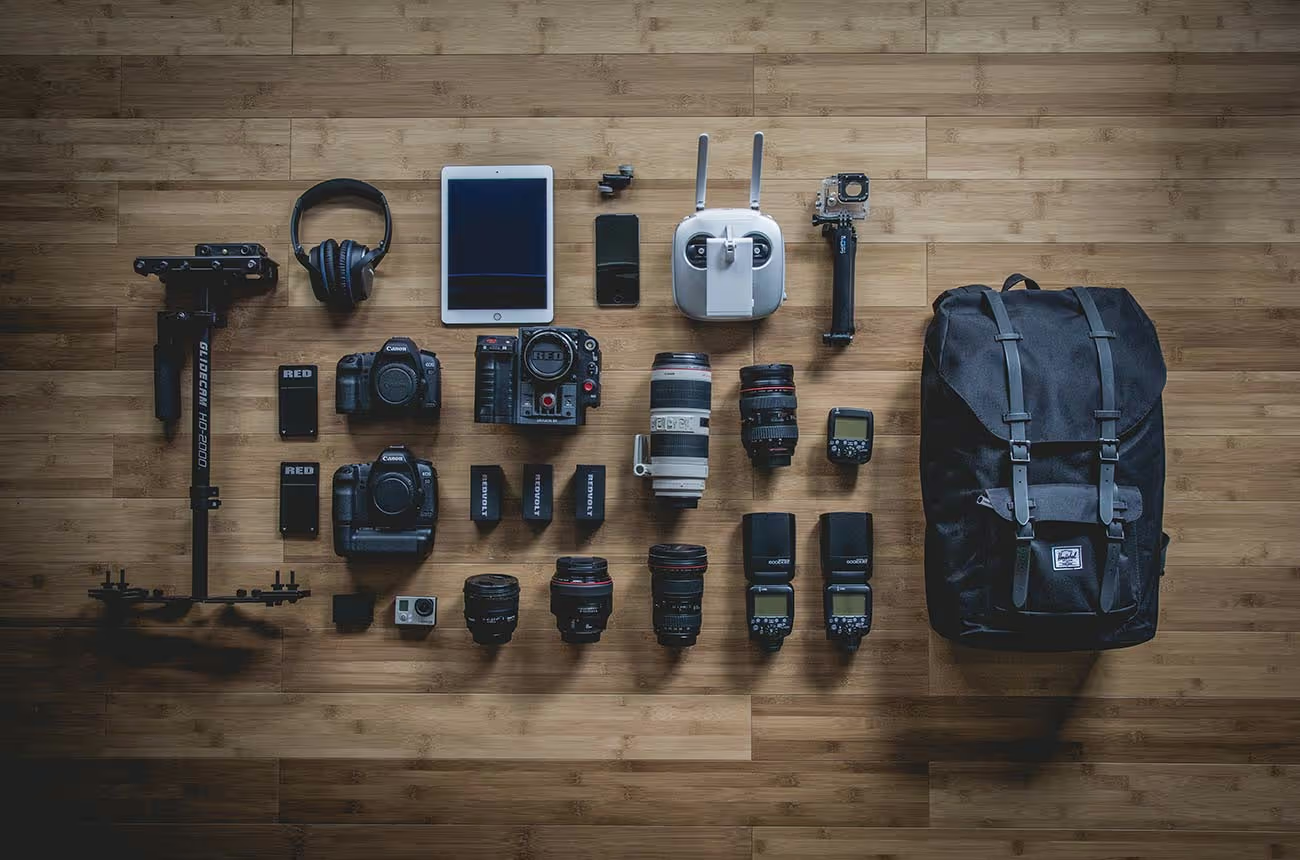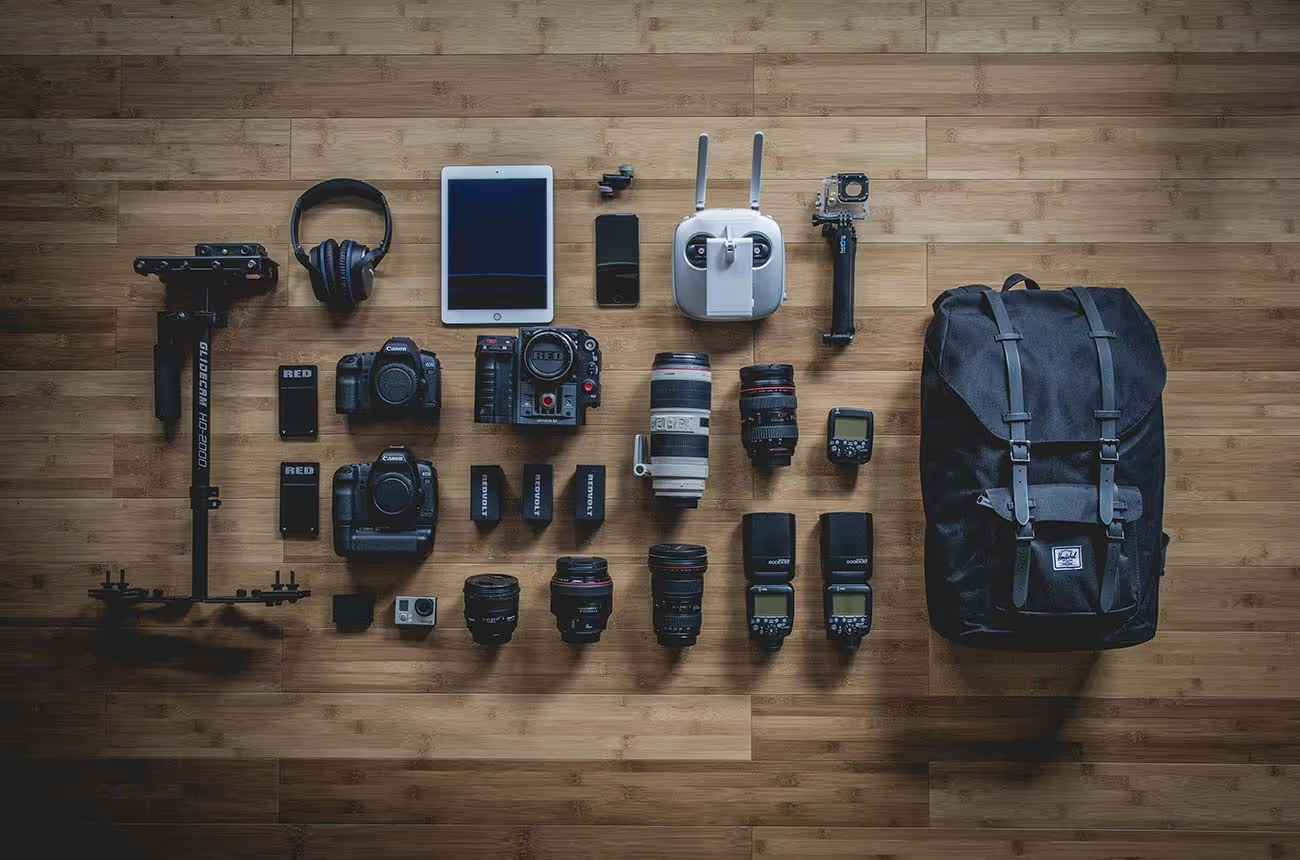
Docos for Beginners
The very title of this book sounds eye-blisteringly dry; something to lull you to sleep on a cold winter night. Its focus screams highly-specialised niche market. In fact, it is surprising that it was published at all, as the only audience that would probably purchase such a work are readers like yourself, those already in the industry, while this guide is clearly geared towards the film-making novice.
All the more reason to support this well-written and thoroughly researched book. If you have even a vague inkling of changing lanes and starting off on the dimly-lit journey of becoming an independent documentary filmmaker in this country, you will find it an invaluable reference. It is unlikely that it will be the face that launches a thousand ships, but it will definitely give hope and some clear guidance to those who have already considered the path.
The authors’ goal seems to be that of creating a definitive 101 text on the practicalities of producing documentaries within this nation’s narrow confines, and its endorsement by the NZ Screen Council would appear to confirm this. It covers all the important ground, from fundamentals like ‘What is a Sound-Recordist?’ and ‘What is an Editor?’ through to cash-flow analysis and writing tax invoices. This self-professed ‘manual’ even delves into stepping stones to success such as networking, and suggests attending industry events as a way in - not something you necessarily expect to find in a how-to film book about documentaries. It also deals with important jump-off points such as knowing your market, and offers well-worn pearls of business acumen like ‘Work with the best’, and the importance of not running your business from home in order to avoid appearing unprofessional.
The Business of Documentary Filmmaking is written in a clear, accessible, no-nonsense style that will communicate directly with anyone leafing through its 200-odd pages. This, in fact, is the guide’s greatest strength. Admittedly, reading about budgets and business proposals will never be the most enticing of propositions, but Babirat and Spencer Davis carefully sidestep the trap of letting their audience slip into a comatose stupor.
At its core, this work is an attempt at a solid schooling from people who have apparently been through the industry ringer and are now posing as battle-weary veterans, handing down the dos and don’ts for all those starry-eyed youngsters and newcomers who are looking for plain sailing. Over and over, they reiterate that it’s a cold, hard world out there in the land of NZ documentary filmmaking, Bubba, so you best wise up. The opening paragraph of the introduction by Screen Council Chair, Graeme Wilson, reads with cautionary solemnity: “If I want a copy [of my documentary], I have to give the rights-owner my credit card details and pay up, despite having written, directed and produced the programme.”
If this is all new to you then you couldn’t receive a better introduction. If not, then you would be best advised to give it a miss and purchase a copy for a friend or family member who would better appreciate its wisdom. Or buy a copy and donate it to your local school. If it isn’t already there.



























